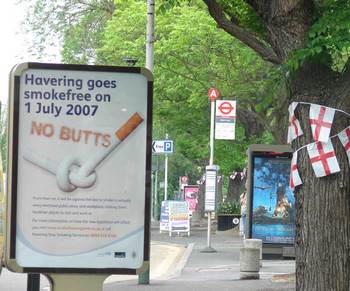No, not judges again, but the Richter scale. Following a small earthquake in Kent, John Wells points out that we usually pronounce Richter wrong:
Saturdays minor earthquake in Kent meant that the newsreaders made several references to the Richter scale. As usual, they mostly pronounced it either [MM: in the German way or in an approximation of it]. But Charles Richter, the creator of the earthquale magnitude scale, was not from a German-speaking country, and the newsreaders otherwise admirable familiarity with German pronunciation is here misapplied. He was an American, born in Ohio. Being American, he naturally pronounced his name [MM: like Rictor, as in Victor] , and we should do the same …
I am not taking the time to reproduce the phonetic alphabet here, nor could I identify a permalink in John Wells’ weblog.
For German, Muret-Sanders and Collins both recommend the German pronunciation or the Rictor pronunciation.
das Erdbeben erreichte Stärke acht auf der Richter-Skala the earthquake registered eight on the Richter scale
© Langenscheidt KG, Berlin und München [Collins]







